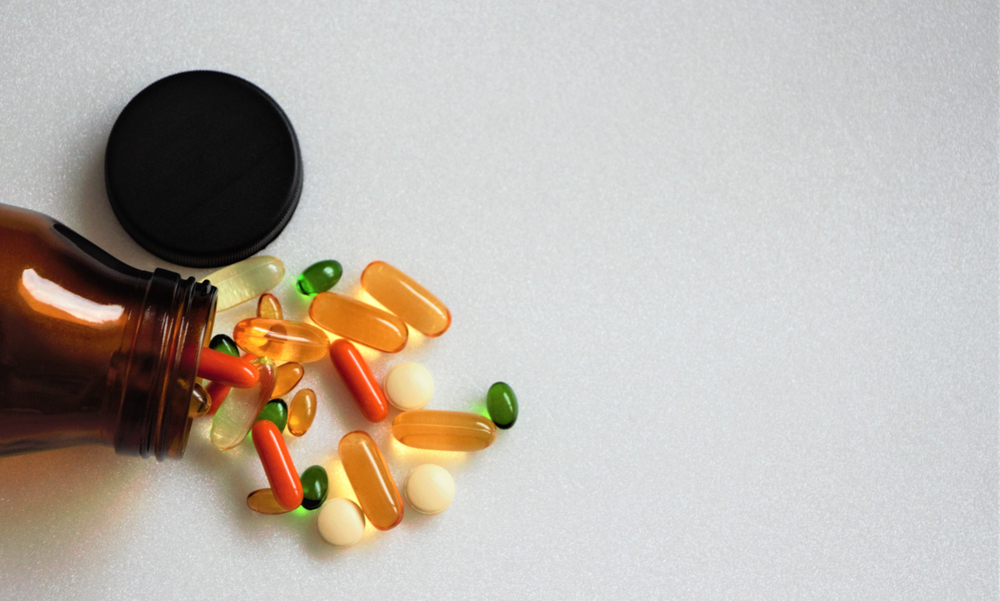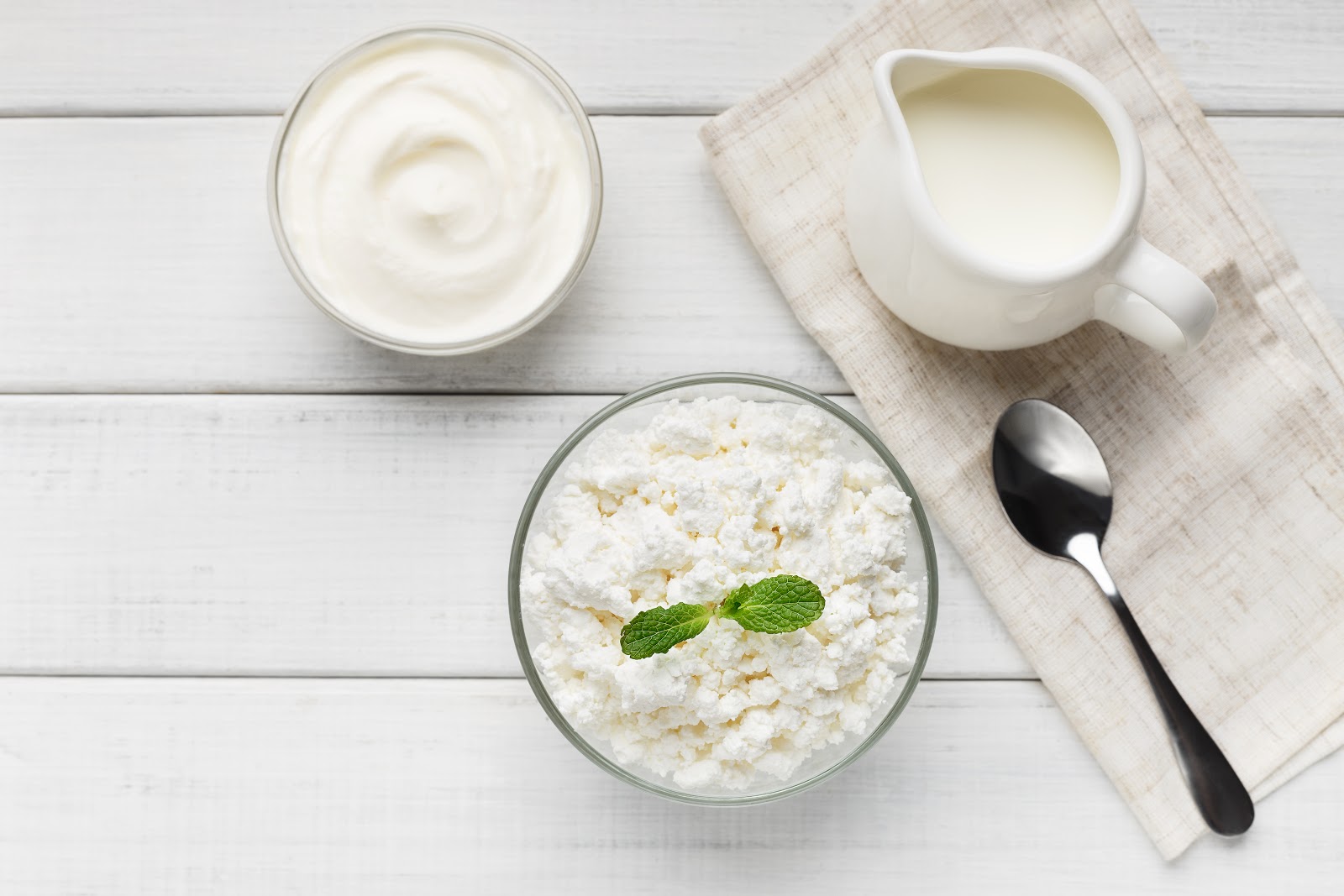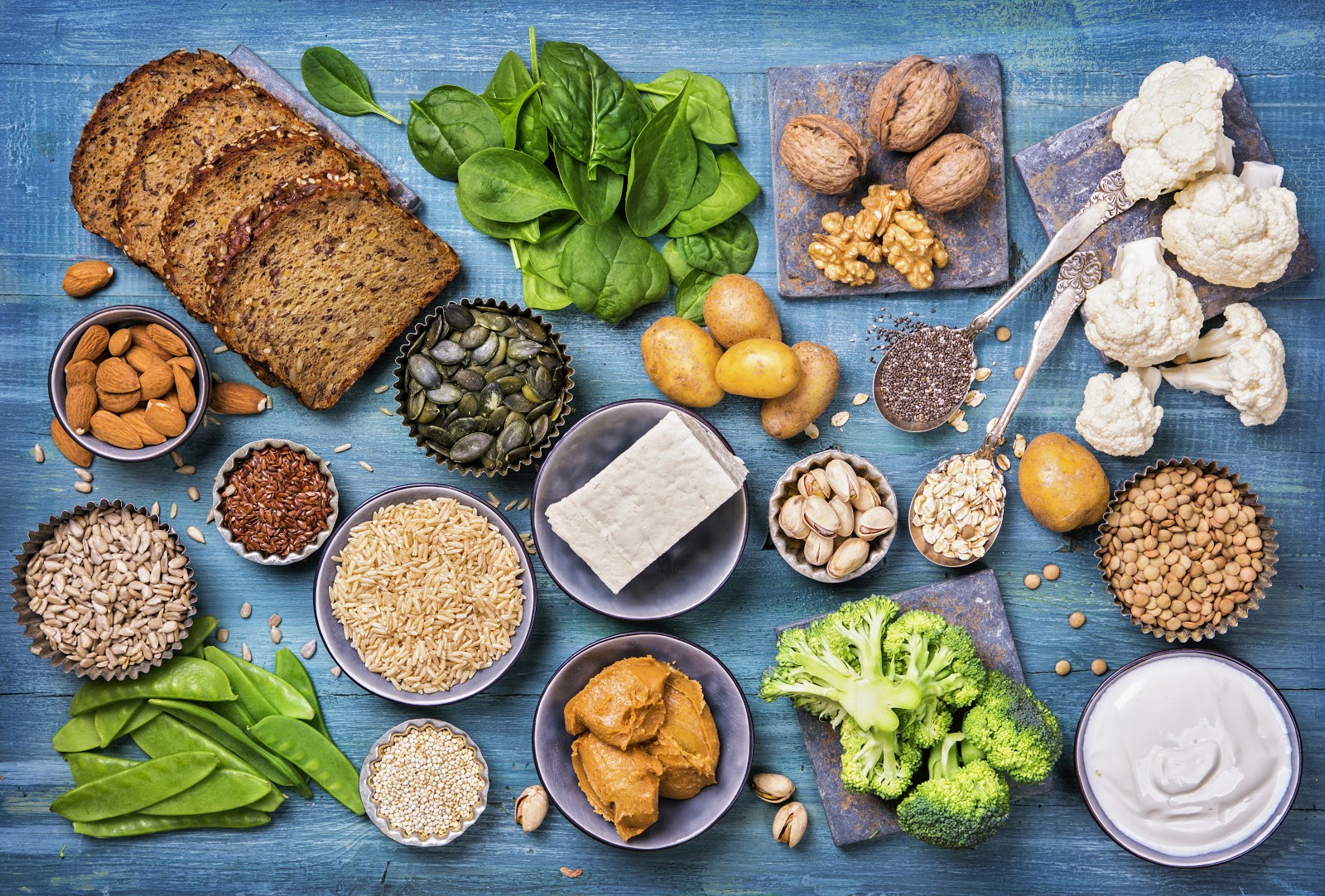
Probiotics and prebiotics are a big thing in nutrition these days. Although they sound similar, they both play different roles when it comes to your health. While probiotics are beneficial bacteria, prebiotics are food for these bacteria.
What Are Probiotics and Prebiotics?
Both prebiotics and probiotics are equally important for human health. However, they serve different purposes:

Probiotics: They are live bacteria that are generally found in certain foods or supplements. They provide numerous health benefits.
Prebiotics: These are substances that come from some types of carbs (mostly fiber) which humans cannot digest. The beneficial bacteria present in your gut eat this fiber. The gut bacteria which is collectively referred to as the gut microbiota or gut flora, perform various important functions in the body.
Eating balanced amounts of both probiotics and prebiotics either in their natural form which can be obtained from food or prebiotic and probiotic capsules, can help ensure that your body has the right balance of these bacteria, which will improve your health.
Why Are the Gut Bacteria Beneficial?
The good bacteria living in the digestive tract will help in protecting you from harmful bacteria and fungi. They also send signals to the immune system and help regulate inflammation. Additionally, some of the gut bacteria form short-chain fatty acids, and vitamin K. Short-chain fatty acids are the primary nutrient source of the cells that line the colon. They promote a strong gut barrier, which helps to keep out harmful substances, viruses, and bacteria. Further, this reduces inflammation, and may also reduce the risk of cancer.
Which Are The Prebiotic Foods?
Buy foods that naturally contain prebiotics instead of buying expensive supplements. That is because prebiotics are types of fiber that are found in vegetables, fruits, and legumes. As stated, these types of fiber are not digestible by humans. However, your good gut bacteria will be able to digest them.
Foods that are rich in prebiotic fiber include:
- Berries.
- Legumes, beans, and peas.
- Oats.
- Bananas.
- Garlic.
- Dandelion greens.
- Jerusalem artichokes (not the same as regular artichokes).
- Onions.
- Leeks.
- Asparagus.
One of the things the good gut bacteria does with prebiotic fiber is that it turns it into a short-chain fatty acid called butyrate. Butyrate has shown to have anti-inflammatory effects inside the colon. Further, it may also influence gene expression, block the growth of cancerous cells, and help fuel healthy cells so that they can grow and divide normally. Buy whey protein online for a better price.

Which Are The Probiotic Foods?
There are several probiotic foods that naturally have helpful bacteria, such as yogurt. A high-quality and plain yogurt with live cultures is a great addition to your diet if you want to add beneficial bacteria in your body. Another great option are fermented foods, as they contain beneficial bacteria which thrive on the naturally occurring sugar or fiber in the food.
Examples of fermented foods include:
- Kimchi.
- Sauerkraut.
- Some types of pickles (non-pasteurized).
- Kombucha tea.
- Kefir (dairy and non-dairy).
- Other pickled vegetables (non-pasteurized).
Make sure to eat fermented foods that are not pasteurized for their probiotic benefits as this process kills the bacteria. Some of these foods can also be considered as being synbiotic, because they contain both beneficial bacteria as well as a prebiotic source of fiber for the bacteria to feed on.
When it comes to women’s health conditions, you’d be hard-pressed to find a more significant ally. Profitable microbes metabolize and recycle hormones, including estrogen, thyroid hormones, and phytoestrogens (dietary estrogens). This helps proper hormonal balance. Here we can discuss some of the reasons for taking a daily probiotic supplement is essential in the fight for optimal health.
Table of Contents
They Restore Good Bacteria:
You know antibiotics can benefit you to fight with bacterial infections, but using them can deplete the good bacteria in your body, states Harvard Medical School. (That’s why doctors suggest you don’t take antibiotics until you need them.)
If you need to go on meds, talk with your physician about taking probiotics afterward, as the NCCIH says they can help improve beneficial microorganisms afterward and help keep the ratio of good to harmful bacteria in balance.
They Bolster Immunity:
If you get sick frequently, probiotics might be utilized to add and provides immune booster you’ve been looking for. The Cleveland Clinic says they’ve been shown to increase immunity by enriching and replenishing the good bacteria in the body. And when you eat foods with probiotics usually, it’s easier for your body to produce vitamins and enzymes that help keep your intestines happy.
They Prevent Travellers from Diarrhea:
Most of the times when you go out with someone with long distance face with diarrhea. So, when you travel next time make sure to put this probiotic capsules aside to secure from preempting bathroom emergencies, Fasig says. Look for one of the best probiotics include Lactobacillus acidophilus, Bifidophilus bifidum, Lactobacillus sporogenes, and Saccharomyces boulardii strains which Fasig says can enhance your intestinal health to fix issues with constipation or diarrhea.






